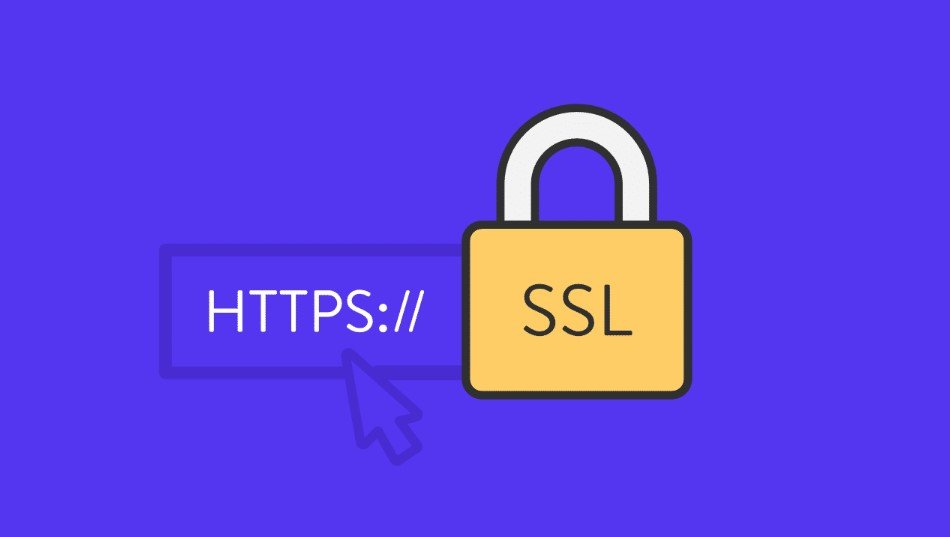In today’s digital landscape, ssl monitoring ensuring your business’s website is secure is more important than ever. Small businesses, in particular, need to be vigilant about online security. One crucial aspect of maintaining a secure website is SSL (Secure Sockets Layer) monitoring. This article will delve into why SSL monitoring is essential for small businesses and how it can protect both your business and your customers.
Understanding SSL Certificates
What is an SSL Certificate?
An ssl monitoring is a digital certificate that provides a secure, encrypted connection between a web server and a browser. When a website has an SSL certificate, visitors see a padlock icon in the address bar and the URL begins with “https” instead of “http”. This indicates that any data transmitted between the user and the website is encrypted and secure.
Why Small Businesses Need SSL Certificates
For small businesses, having an SSL certificate is not just about protecting customer data. It also enhances trust and credibility. Customers are more likely to engage with a website that they know is secure. Furthermore, search engines like Google prioritize secure websites in their rankings, which can improve your visibility online.
The Importance of SSL Monitoring
What is SSL Monitoring?
SSL monitoring involves regularly checking the status and validity of your SSL certificates. This process ensures that your SSL certificates are up-to-date and properly configured. Monitoring tools alert you to potential issues, such as expired certificates or configuration problems, before they can impact your website’s security.
Why Regular Monitoring is Crucial
- Prevent Security Breaches: Expired or misconfigured SSL certificates can leave your website vulnerable to cyberattacks. Regular monitoring helps you catch and resolve these issues before they can be exploited.
- Maintain Customer Trust: An expired certificate can lead to browser warnings that deter customers from using your site. Regular SSL monitoring helps ensure that your site remains trustworthy and secure.
- Avoid Downtime: SSL certificates need to be renewed periodically. If a certificate expires and is not renewed promptly, your website could go offline or display security warnings. Monitoring helps you stay ahead of renewal deadlines and avoid downtime.
- Compliance and Reputation: For businesses that handle sensitive information, such as payment details, compliance with security standards is crucial. Regular SSL monitoring helps you stay compliant with these standards and protect your reputation.
Implementing SSL Monitoring
Choosing the Right Monitoring Tools
There are various SSL monitoring tools available, ranging from simple alerts to comprehensive solutions that provide detailed reports and analytics. When selecting a tool, consider factors such as ease of use, alerting capabilities, and compatibility with your website’s infrastructure.
Best Practices for SSL Management
- Automate Renewals: Many SSL providers offer automatic renewal options. This can reduce the risk of certificate expiration and ensure continuous protection.
- Regularly Update Certificates: Keep your SSL certificates up-to-date and review them periodically to ensure they meet current security standards.
- Monitor Configuration: Ensure that your SSL configuration follows best practices, including using strong encryption protocols and up-to-date cipher suites.
Conclusion
For small businesses, SSL monitoring is not just a technical necessity but a crucial aspect of maintaining customer trust and business integrity. By implementing regular SSL monitoring, you can safeguard your website against security threats, prevent downtime, and ensure a secure browsing experience for your customers. Investing in SSL monitoring is an investment in your business’s reputation and long-term success.
